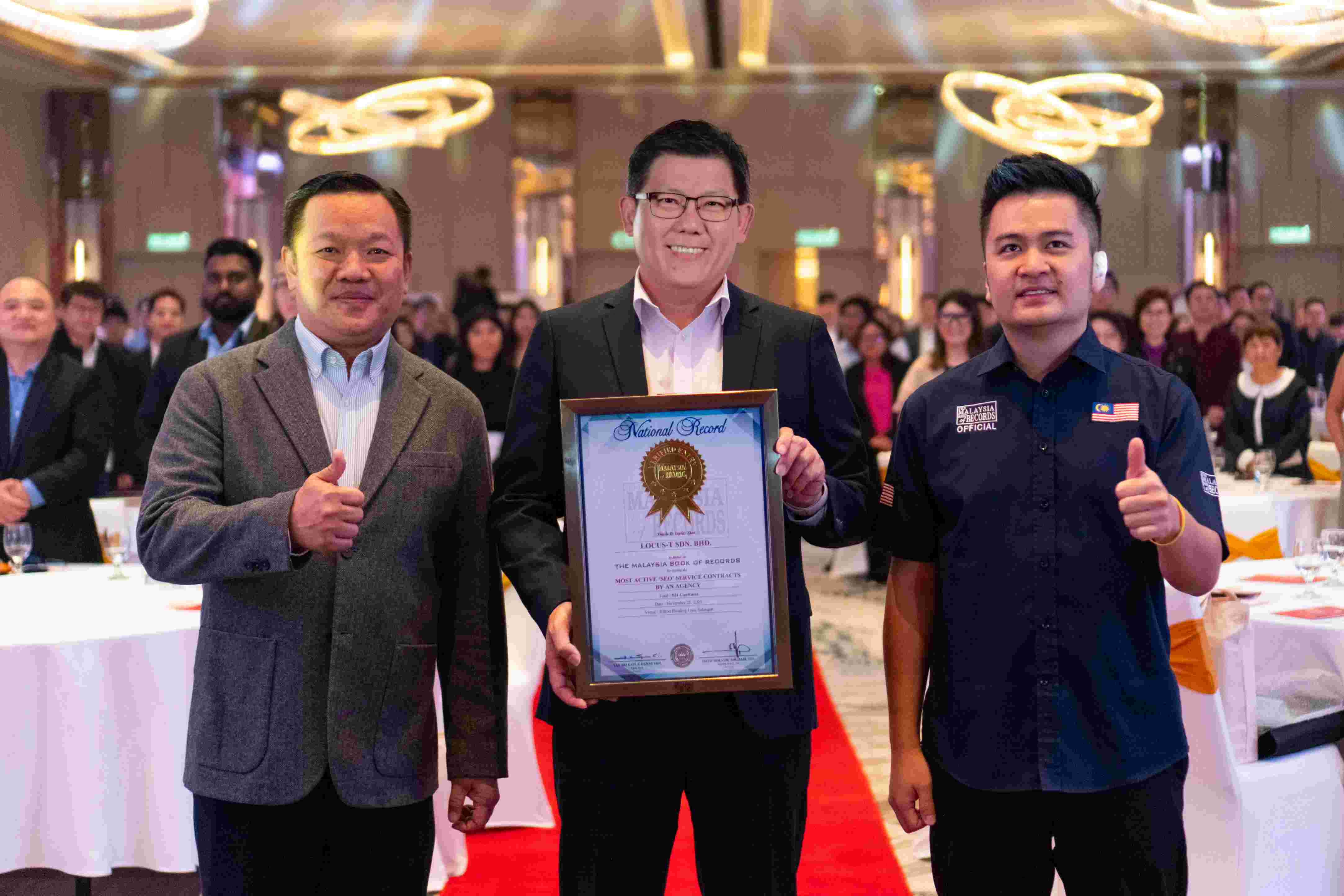by Hanim Zulaikha Zulkifli
In the world of cooking oils, few spark as much debate as palm oil. Often pitted against olive and soybean oil, it’s time to take a closer look at the remarkable benefits of this versatile oil. Industry experts like Jeff Kong, CEO and Founder of Nonosugar Health Tech, and Chef Ronny Khor Pong Yew, Head Chef of Banquet & Convention at the Kuala Lumpur Convention Centre, advocate for palm oil's rightful place in kitchens worldwide, both for its health benefits and culinary versatility.
Health Benefits of Palm Oil
Palm oil has long been the subject of misconceptions, but Jeff Kong recalls a pivotal moment when Tan Sri Emeritus Professor Datuk Dr Augustine Ong, known as the father of Malaysian palm oil, conducted experiments over 50 years ago. Comparing palm oil to olive oil—the widely acclaimed healthiest option—Tan Sri Ong’s research revealed palm oil's surprising benefits in numerous health areas.
“Palm oil is just as good as olive oil. It’s a misconception that palm oil is bad for you. We have scientific evidence to prove its health benefits.” said Jeff Kong.

Rich in tocotrienols (a form of Vitamin E) and squalene, palm oil helps reduce oxidative stress and improve cholesterol levels. This makes it not only affordable but also a sustainable, health-conscious alternative to other oils. The P90 blend, combining palm olein and olive oil, further enhances these benefits, making it an ideal choice for heart health while maintaining a balanced omega 6/3 ratio.
Affordable and Sustainable
Palm oil’s affordability is one of its greatest strengths. With higher yields per tree than olive trees, palm oil offers a more cost-effective option, making it the go-to choice for both home cooks and food establishments. The P90 blend, which combines palm olein with olive oil, further elevates its nutritional profile, supporting sustainable and healthy cooking at a lower cost.
For Chef Ronny Khor, palm oil has been a staple in his kitchen for years. “Growing up in Penang, palm oil was used for everything, from cooking to lighting lamps,” he reminisces. As a professional chef, he continues to rely on palm oil, not just for its cost-effectiveness, but for its ability to maintain the quality of his dishes.
Cooking with Palm Oil
Palm oil’s high smoking point makes it perfect for frying, especially in Malaysian cuisine. From sambal to crispy deep-fried snacks, palm oil holds its integrity at high temperatures, making dishes more flavorful and crispy. Chef Ronny explains that palm oil is preferred in many street food stalls for its ability to withstand high heat without breaking down. The P90 blend's stability also reduces splattering, making cooking less messy and more efficient.
In one experiment, Chef Ronny’s team tested palm oil against soybean oil in frying bananas. The result? Bananas fried in palm oil remained crispy for hours, while those fried in soybean oil quickly became soggy. “Palm oil is more stable than soybean oil, and it maintains crispiness even after hours of frying.” said Chef Ronny.

The Debate
While the saturated fat content in palm oil has raised concerns, both Jeff and Chef Ronny agree that moderation is key. Chef Ronny advises, “Like anything, it’s about balance. Overconsumption of any fat can contribute to health issues, but palm oil in moderation is not inherently bad.”
For Chef Ronny, palm oil’s ability to maintain quality even after repeated use in frying makes it an invaluable ingredient in many kitchens. "In Malaysian street food stalls, palm oil is the go-to choice because it holds up well under high temperatures," he said.
Palm Oil’s Role Across Global Cuisines
Beyond Malaysian cuisine, palm oil is widely used in various global dishes. In Indian cooking, for instance, it’s often blended with other oils to create rich, flavorful curries. However, Chef Ronny cautions that palm oil may not always be suitable for every dish—such as the delicate tempura in Japanese cuisine, which requires lighter oils. The P90 blend, however, is highly versatile and suitable for various cooking techniques, enhancing the flavour of different dishes.
Despite this, both experts agree that palm oil’s versatility allows it to shine in a variety of culinary contexts when used with the right techniques and in moderation.
From its health benefits to its culinary versatility, palm oil is more than just a cost-effective ingredient. It’s a sustainable, nutritious option that can enhance both everyday cooking and gourmet dishes. As Jeff Kong and Chef Ronny Khor advocate, palm oil’s rich history and enduring value deserve to be celebrated in kitchens around the world.
“Palm oil is not just a staple in Malaysian cuisine; it’s a healthy oil that belongs in kitchens globally,” Jeff added.













